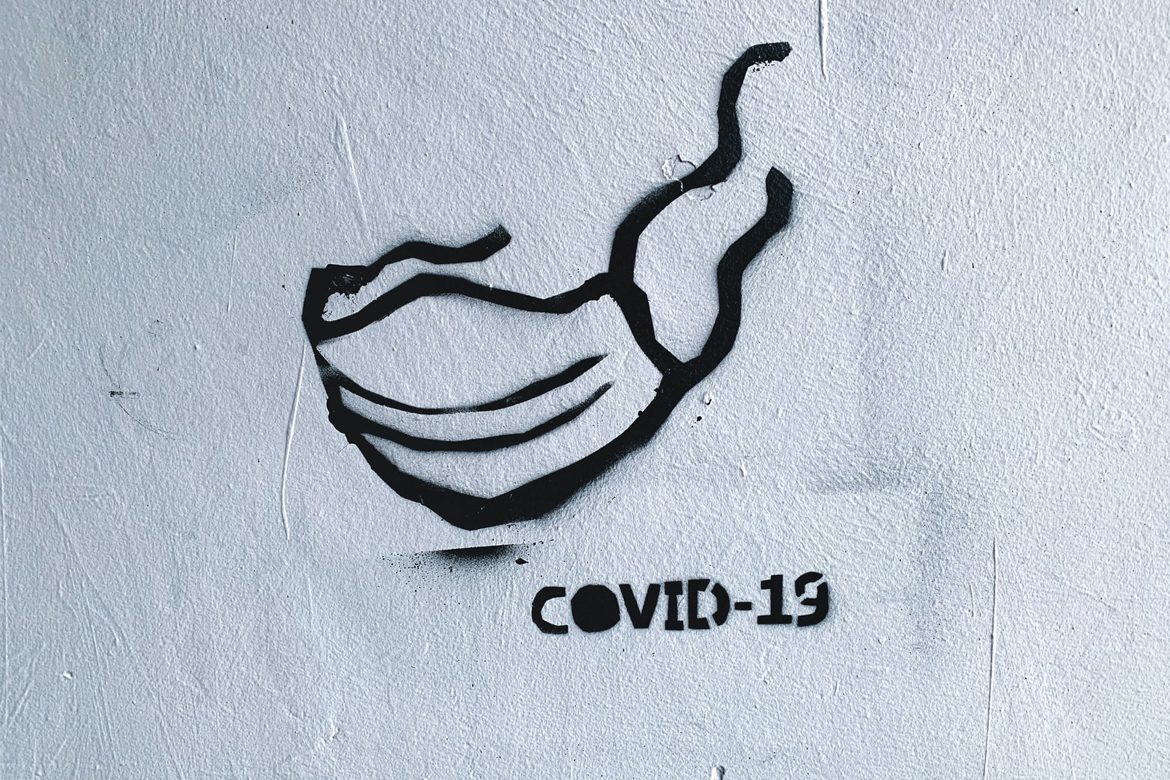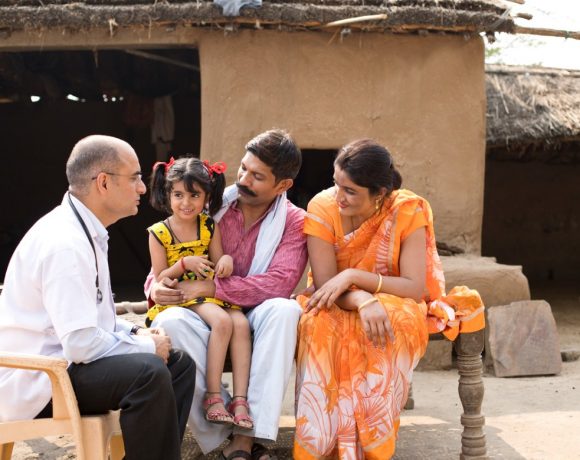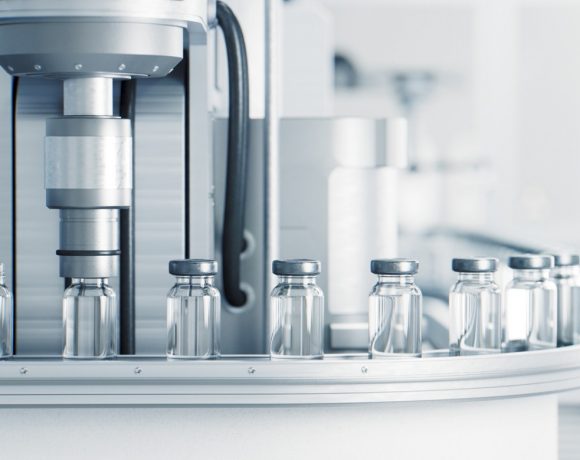- Nine different vaccine development projects have been undertaken by the autonomous institutions under the Department of Biotechnology (DBT), together with industries and startups, which are at various stages of pre-clinical studies
- Work is in progress to isolate CoV2-neutralising antibodies either from the patients recovered from COVID or from human antibody libraries that can be used for therapeutics.
- Data scientists have helped the government by developing a predictive model for COVID-19 to provide a full layout of the medical inventory needs, including intensive care, acute care and medical supplies requirements, district by district, with time progression.
The COVID19 pandemic has devastated humanity, which is struggling to overcome it. Although there have been sporadic events in the last few decades in the form of SARS, MERS, Swine flu, Bird flu and Ebola, the magnitude of the Coronavirus crisis has surpassed every other pandemic, with millions infected and more than 325,000 deaths worldwide so far. As a prerequisite for containment, the lockdown measures employed by governments in different countries and especially the timely implementation in India have led to flattening the exponential growth. Lockdown measures and social distancing have helped in preventing the overburdening of India’s healthcare system. To augment these measures, nearly 100,000 tests are being conducted every day during the lockdown period in India.
Academia and industries, both in public and private sectors, have also responded to the crisis, which ensured the availability of washable masks, affordable mask and rapid production of PPE kits for healthcare workers. Indian Railways modified its coaches into isolation wards to care for patients. All these factors limited the number of cases to about 106,750, with couple of thousand deaths, which is low compared to numbers in other countries.
Similar to other countries, the scientific and health research community in India has risen to the occasion, to find vaccines, discover therapeutics, develop diagnostics and analyse genomes, in addition to providing solutions for the protection of health workers. Different research institutes working under the larger umbrella of Indian science agencies like the Department of Biotechnology (DBT), the Department of Science & Technology (DST), the Council of Scientific and Industrial Research (CSIR), the India Council of Medical Research (ICMR) and the Ministry of Human Resources Development have channelized their expertise and resources for urgent science and technology interventions to deliver. At least nine different vaccine development projects have been undertaken by the autonomous institutions under DBT, together with industries and startups, which are at various stages of pre-clinical studies. Researchers in these institutions have also used computational methods to suggest repurposing of existing drugs that have now been taken up for inhibition studies. Work is in progress to isolate CoV2-neutralising antibodies either from the patients recovered from COVID or from human antibody libraries that can be used for therapeutics. To support vaccine research and to evaluate the efficacies of vaccine and therapeutics, transgenic mice expressing human proteins are also being developed. A lateral flow device capable of testing antibodies in a single strip has been developed and is being deployed for rapid testing.
CSIR is working with its research institutes to sequence the SARS-CoV2 isolated from Indian patients to understand its genome variations and support vaccine development. It has also developed a rapid test kit named Feluda (after a fictional detective created by filmmaker Satyajit Ray) using CRISPR (a latest technology for precision gene editing), which is being scaled up by Tata Sons, an Indian multinational conglomerate. CSIR is also testing Mycobacterium strain vaccine used for leprosy to understand its immune modulating action and benefits in COVID19.
On another front, researchers from India are focusing on the use of immune boosting formulations from Indian traditional medicinal practices. An ongoing study tests four Ayurvedic formulations on 5 million health workers and people working in high-risk zones, with the help of the Sanjeevani app, an app that facilitates tele-consultations between doctors and patients, especially in rural or isolated areas. This is a joint initiative by the Ministry of AYUSH, the Ministry of Health and the Ministry of Science and Technology through CSIR, with technical support from the ICMR.
Data scientists have helped the government by developing a predictive model for COVID-19 to provide a full layout of the medical inventory needs, including intensive care, acute care and medical supplies requirements, district by district, with time progression. This has aided in a systematic and meticulously planned response to the pandemic and is likely to save many lives.
Through collaborative efforts, we should soon overcome this pandemic. But we must learn from this crisis. Viruses evolve rapidly and in future new ones might emerge: some will be less harmful, while some others will be like or more dangerous than SARS-CoV2. To be prepared for such eventualities, we need basic research that provides new knowledge to combat problems in the future and keep our citizens safe. We need to support and encourage fundamental scientific research, as it will form the basis for translation whenever the need arises, as it has happened now. Simultaneously, technology will need to be developed to aid and augment research. Fundamental research and technology development will need to go hand-in-hand to create solutions for some of the world’s biggest healthcare crises.






Lakhan Kumar
20 May
Biopreparedness can’t be ignored now. COVID-19 is an alert. We have witnessed several such outbreaks in the recent past. Both Policymakers and Scientific community must come forward to devise a plan to contain such outbreaks, if any happens in the future, in the shortest possible time and minimal losses. It’s really a good sign that all top agencies are working together towards development of vaccines and other essentials.
Vijay Patel
21 May
Highly informative & inspiring article for everybody in this pandemic, particularly 130 carores Indians, including corona warriors indian researchers. Jai Hind